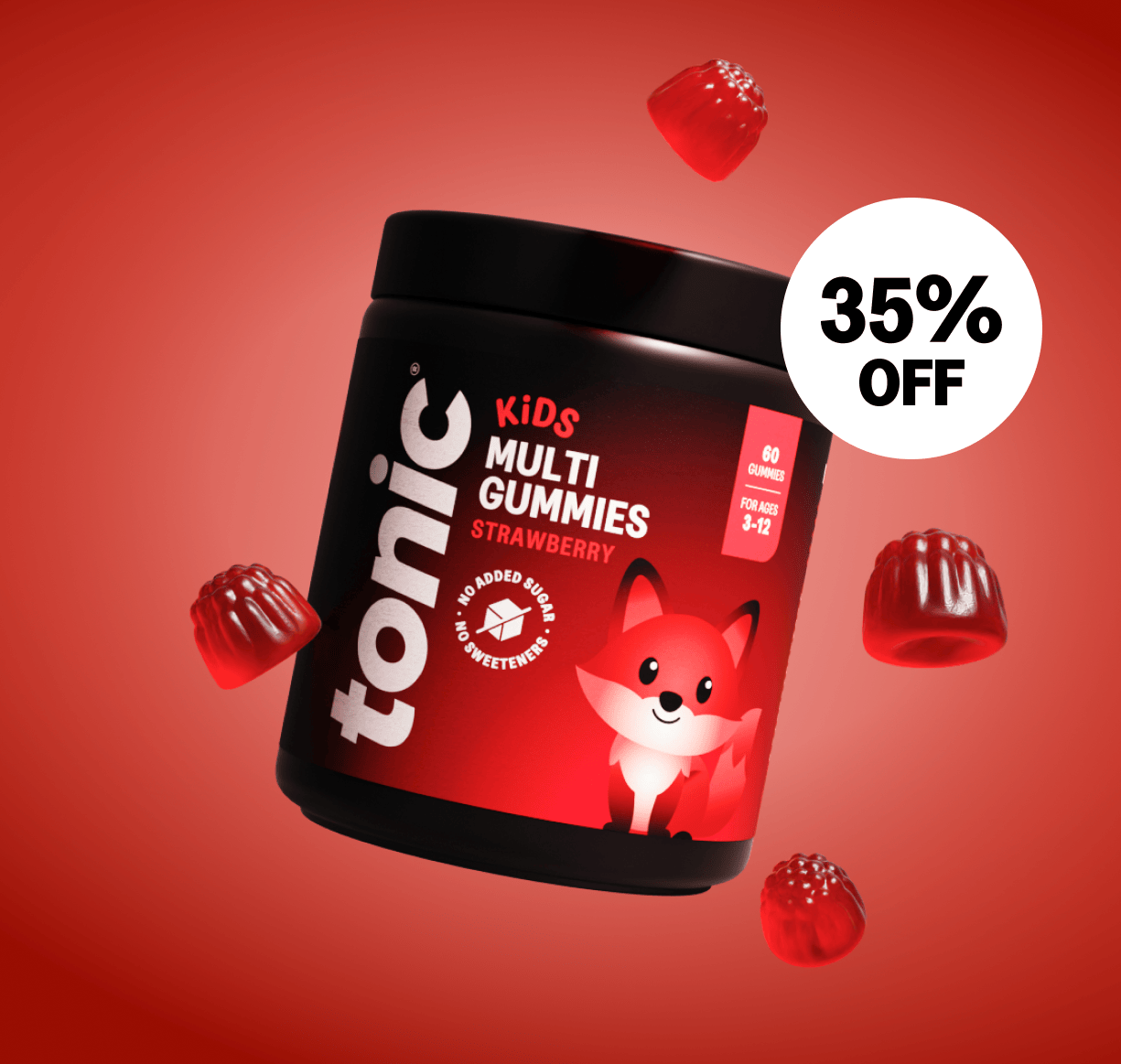Natalie Louise Burrows, Nutritionist and Clinic Director at Integral Wellness
You’ve just sat down at your desk. The day’s to-do list is already creeping into double digits, the inbox is pinging, and the team meeting is in 20 minutes. You sip your coffee, hoping it’ll kickstart your brain, but halfway through the morning you’re still not firing on all cylinders.
Sound familiar?
Many of us reach for caffeine when we’re trying to power through mental fatigue but what we don’t realise is that the food we eat plays a foundational role in our ability to focus, think clearly, and stay energised, especially during demanding workdays. The brain, after all, is a high-performance organ, using about 20% of the body’s energy, and just like a high-performance car, it needs the right fuel, not just stimulants, to function well.
So instead of relying on a second (or third) coffee, here are five nutrition strategies that support better focus from the inside out.
1. Balance blood sugar to avoid the brain fog rollercoaster
Let’s start with a common mid-morning scenario: You had a quick breakfast, maybe toast and jam or a granola bar, and now, around 11am, you’re struggling to keep your eyes open during a Zoom call. You feel foggy, a bit irritable, and you’re already thinking about lunch.
This isn’t just low motivation. It’s often low blood sugar.
After eating a meal high in refined carbohydrates or sugar, your blood glucose spikes quickly and then crashes just as fast. These dips can make you feel sluggish, anxious, and unfocused. The brain, which relies on a steady supply of glucose, struggles to function smoothly when subjected to these fluctuations.
The fix? Choose meals that combine protein, fibre-rich carbohydrates, and healthy fats to slow down digestion and support more stable blood sugar levels.
Instead of jam on white toast, try eggs on seeded rye with a few slices of avocado. Swap sugary cereal for Greek yoghurt with oats, berries, and a handful of seeds. These changes might sound small, but the difference in your mental stamina can be huge.
2. Feed your brain the protein it needs to think clearly
Protein often gets typecast as the post-gym nutrient, but it's just as important for your brain as it is for your muscles.
The brain relies on neurotransmitters, chemical messengers like dopamine and noradrenaline, that influence how alert, motivated, and focused you feel. These neurotransmitters are made from amino acids, which come from the protein in your diet.
If your meals are low in protein, your brain may not have the necessary raw materials to stay sharp, especially during prolonged periods of deep concentration or decision-making.
Aim to include a source of protein at every meal, and ideally at snacks too. This doesn’t mean huge portions, just enough to supply a steady trickle of amino acids throughout the day.
Some easy options:
● A couple of boiled eggs with oatcakes
● Tofu stir-fry with brown rice
● Smoked mackerel on wholegrain crackers
● Edamame, hummus, Greek yoghurt, or cottage cheese
Think of protein as your brain’s building blocks, quietly but powerfully supporting your mental performance behind the scenes.
3. Choose smart carbs to fuel your brain without the crash
Your brain primarily runs on glucose (although it can run well on fats too), which it obtains from the carbohydrates you consume. But not all carbs are created equal.
Highly processed or sugary foods flood your system with glucose, giving you that quick energy high, followed by the inevitable crash. Complex, fibre-rich carbohydrates, on the other hand, release glucose gradually, keeping your brain fuelled steadily over several hours.
You don’t need to avoid carbs, but choosing the right ones is key.
Best bets:
● Whole grains like rolled organic oats, quinoa, and wild rice.
● Root vegetables like sweet potato, butternut squash and beetroot.
● Legumes such as lentils, black beans and chickpeas.
● Fibre-rich fruits like apples, berries, and pears.
Combining these with protein or healthy fats can further slow the release of energy. For example, pair oatcakes with hummus, or an apple with nut butter. This combination helps maintain mental stamina, so you’re not just surviving the day, but actually engaging with it.
4. Top up on micronutrients that support focus and mental clarity
While we often focus on calories or macros, the smaller micronutrient players - vitamins and minerals - are just as important for brain function.
Here are some key micronutrients to prioritise:
● B vitamins: (especially B6, B12, and folate) help convert food into usable energy and support the nervous system. A deficiency here can leave you feeling mentally drained even if you're eating enough.
● Iron: carries oxygen to the brain. Low iron levels, particularly in women, are strongly linked to fatigue, poor concentration, and brain fog.
● Magnesium: plays a role in brain signalling and helps regulate stress responses.
● Zinc: involved in cognitive processing and memory.
Food sources to include regularly:
● Leafy greens like spinach and kale.
● Legumes and lentils.
● Pumpkin seeds and almonds.
● Eggs, oily fish, and shellfish.
If you're constantly feeling flat despite enough sleep, it might be worth checking in on these micronutrients and your blood sugars.
5. Hydration. Not a hype but a focus tool
Before reaching for your next snack or cappuccino, ask yourself: “Have I had enough water today?”
Even mild dehydration, characterised by a fluid loss of just 1–2%, can reduce cognitive performance. It can make you feel foggy, irritable, and slow to process information. The brain is approximately 75% water, and it doesn’t function well when it's dehydrated.
Hydration also helps regulate blood flow, nutrient transport, and temperature, so staying hydrated isn’t just about comfort. It’s about mental performance.
Tips for staying hydrated at work:
● Keep a reusable bottle on your desk and sip throughout the day.
● Herbal teas and naturally flavoured waters all count (anyone else loving Dash drinks?).
● Between meetings or emails make sure you at least take a sip!
● Going to the loo, have a drink!
● Putting the kettle on… not before that glass of water!
Pairing new habits with existing ones is a great way to build up a consistent routine. Before you know it, drinking water will be as automatic as brushing your teeth.
Start small, stay kind
I know it can feel like your schedule is already bursting at the seams, and the idea of adding more to your meal ideas and food shop might feel like one more thing to do.
But here’s the truth: supporting your focus through food doesn’t have to mean perfection or a rigid plan. In fact, the pursuit of better health should never become a source of extra pressure. Instead, start with one small shift.
Perhaps it’s swapping your usual breakfast for something more balanced, or ensuring you drink a glass of water before your first cup of coffee. Maybe it’s prepping a snack that actually fuels you, instead of grabbing something sugary between meetings. Taking tiny steps consistently can have a significant impact on your energy, clarity, and resilience over time.
And most importantly, be kind to yourself. You're juggling a lot, and the brain fog can very well be a result of stress and overwhelm, as well as everything I’ve mentioned above.
Nourishment should feel like a support system, not another demand
Natalie Louise Burrows is a registered nutritional therapist (BANT, CNHC) and clinic director at Integral Wellness, a nutrition and health clinic specialising in cardio-metabolic health. Along with her clinic team of nutritionists, they help men and women regain their energy, control their cravings and avoid and reverse type 2 diabetes. They also address health conditions such as high blood pressure, high cholesterol, insulin resistance, fatty liver and heart disease, and weight challenges.







Leave a comment
All comments are moderated before being published.
This site is protected by hCaptcha and the hCaptcha Privacy Policy and Terms of Service apply.